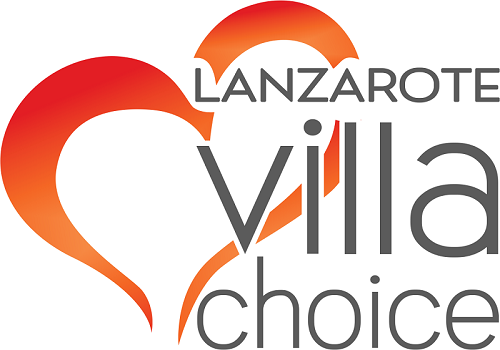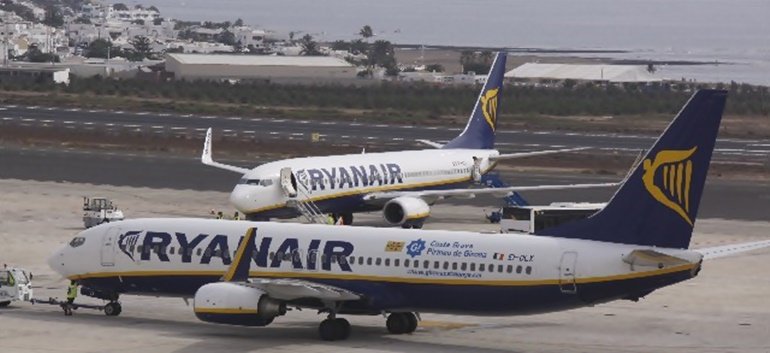Ryanair has just announced that it is planning to resume 40% of its flight schedule. Of course this will be subject to the lifting of flight restrictions within Europe by individual governments and the application of effective public health measures which planned for airports. The intention is to recover 90%, of all routes but fly less frequently between them and they have at the moment planned a total of about 1,000 daily flights. The company had more than 2,000 before the international health crisis began. Covid-19. At present they are operating 30 daily flights between Ireland, the United Kingdom and Europe but will change within a month and a half to fly again from most of its 80 European bases and they hope to restore their services on as many routes as possible. They have already begun to make recommendations to passengers, such as reducing the number of bags checked in, online check-in, encouraging the downloading of boarding passes to the passenger phones, as well as carrying out temperature checks and making the use of face masks both in the terminal and on board aircraft obligatory. All Ryanair planes are equipped with HEPA air filters which is similar to those used in hospital emergency rooms. The interior surfaces of the planes will be disinfected every night with chemicals that are effective for more than 24 hours. The cabin crew will also wear face masks during the flight and a limited catering service will be offered with prepackaged drinks and snacks. No cash payments onboard will be accepted. Queuing to go to the bathroom on board will also be prohibited, although access to the bathroom will be provided to passengers who request it individually. As a temporary additional public health measure, and as the different countries of the European Union are emerging from confinement because of the Covid-19, Ryanair will require all passengers flying in July and August to complete a form asking for personal details of an address while visiting another country in the European Union which will be passed on to the countries government to help them monitor.
Recent Posts
Categories
- About Lanzarote
- Coronavirus
- Costa Teguise
- Culture
- Customs
- Excursions
- Facts
- Fiestas
- Flights
- Flora and Fauna
- Food
- Lanzarote Charities
- Lo que está sucediendo
- Nightlife
- Noticias
- Playa Blanca
- Puerto del Carmen
- Religion
- Restaurants
- Shopping
- Sin categorizar
- Sports
- Things to do
- Transport
- Villa Holidays
- Volcanos
- Weather
- Wellbeing
- Wildlife
- Wine

